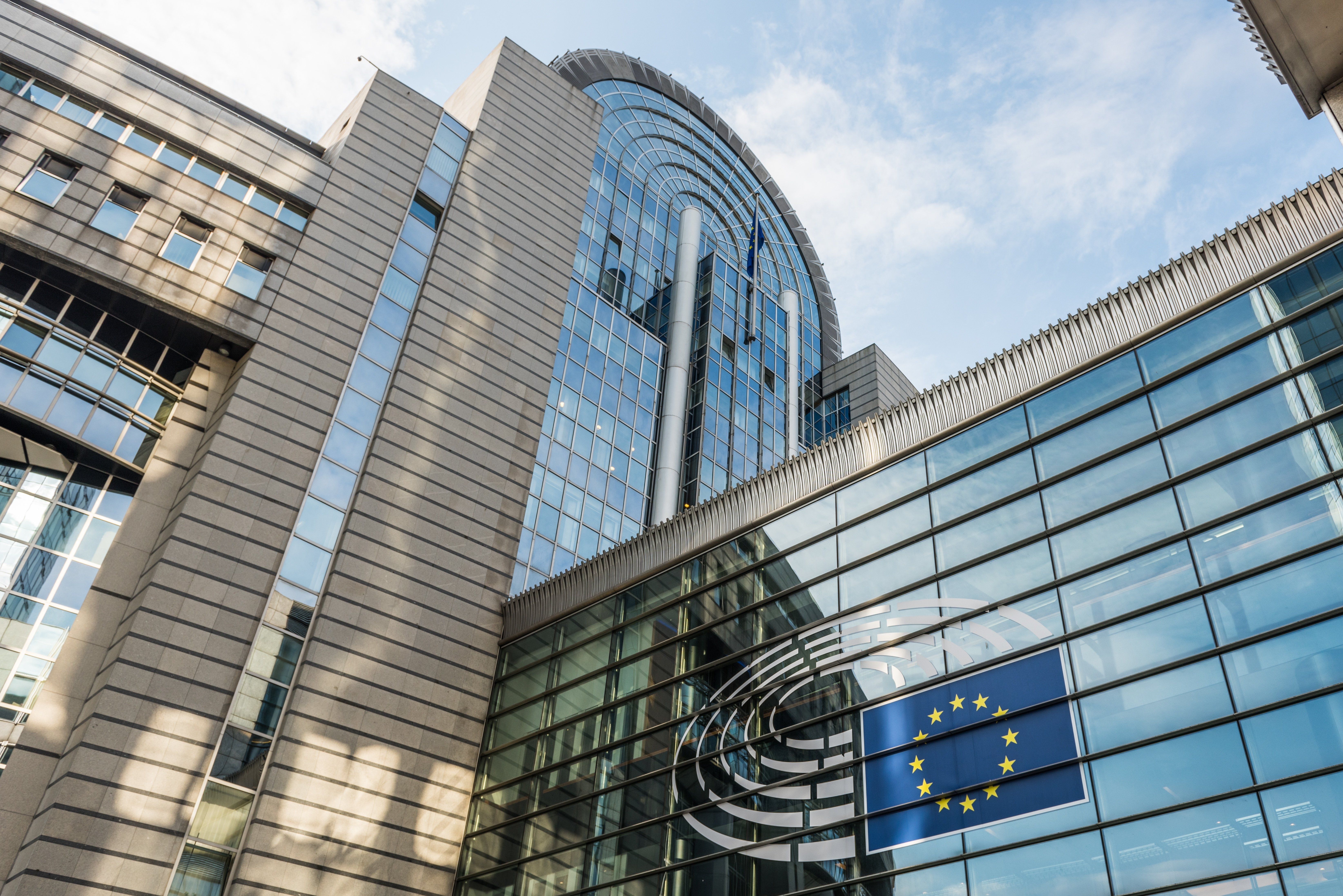Big tech deserves a better political debate – here’s why
by Inline Policy on 18 Jul 2018
Breaking up big tech has become the argument of choice by those concerned about the concentration of power and the practices of large multinationals dominating the digital sphere. But does it make sense?
Competition regulators have taken issue with the way that California’s tech giant requires Android handset makers to meet certain pre-installation requirements in exchange for access to the company’s app store. It is the second high-profile case against Google following last year’s landmark penalty of €2.4bn, and comes only a week after the UK’s Information Commissioner’s Office (ICO) announced its intention to fine Facebook £500,000 for breaches of the Data Protection Act. Is big tech in trouble, again?
These sums may hurt (in the case of Google at least) but ultimately make little difference to companies that have an estimated market value of $750bn (Alphabet) and $550bn (Facebook) respectively. Nor will they drive away the billions of global users for whom these cases remain too obscure and too detached from the personal experiences and necessities that connect them to the powerful platforms. One effect, though, is nearly certain: it will further animate those critics who believe that the time has come to break up big tech. Fines and orders will no longer do. A much more radical approach is needed, or so they argue.
Since the start of the year the chorus of critics has certainly grown. NYU Professor Scott Galloway led the charge with a fierce all-around attack in Esquire. Cambridge Professor Diane Coyle wants to build up publicly funded rivals. Known journalists like the FT’s Rana Foroohar and the Guardian’s Larry Elliott frequently join in, while Vince Cable, the leader of the Liberal Democrats, developed the first serious case made by a senior UK politician for why the market dominance of Google, Facebook or Amazon ought to be challenged.
The denunciation itself addresses multiple facets: big tech has a stranglehold over data, the most valuable asset in 21st century capitalism; the sheer size of the platforms that rule the internet raises serious questions about institutional and ultimately political power; information flows are subject to undue control if power is concentrated in the hands of so few; privacy violations, tax abuses and job destruction are the inevitable result of inadequate checks and balances. The list is long and loaded.
Yet those who call for breaking up big tech also know that existing policy tools are limited. For instance, established antitrust frameworks leave a lot to be desired in a digital economy where businesses move fast and disruption is the norm. Whether the dominant platforms actually stifle competition and innovation looks impossible to answer with certainty, the more so as big tech continues to invest large amounts of money into R&D, and market entry conditions for digital newcomers remain extremely benign. Quasi monopolies can be scary, but they are not necessarily harmful.
There are also important practical considerations. As Noah Smith has argued for Bloomberg, network effects play a decisive role in the success of Amazon or Facebook. Users clearly benefit from the pooling of products or personal information sharing, so if go-to platforms were to be broken up, any increased competition would likely be short-lived and ultimately revert to a consolidated model. Similarly, a more diverse social media landscape, with greater data fragmentation, would not by itself lead to enhanced privacy. What matters is how companies deal with your data, not whether they are big or small.
None of this should negate legitimate concerns that surround the role of super-size companies in the internet age. In an increasingly heated debate, however, we need a better assessment of big tech’s ongoing contribution to society and think harder about the right balance between efficiencies thanks to consolidation and greater choice and diversity through forced competition; or between the drive for personalised and targeted services and the level of control over our own data and digital footprint – to name just a few examples. A different conversation is urgently required.
For a start, we should acknowledge that the value of personal data and online participation is still poorly understood. The privacy paradox – the urge both to genuinely care about privacy and willingly share personal information without much ado – remains as puzzling as ever. People are deeply attached to existing social media and online search and would only be prepared to give it up if paid significant sums of money (according to research by MIT [PDF]). And we have yet to see a credible alternative to the prevailing business model that is based on zero upfront costs for the consumer, with revenue derived on the backend from data monetisation and/or targeted advertisement. Most users are smart enough to understand the quid pro quo. Where to set the boundaries for protecting individual data and reigning in big tech is thus as much a political debate as it is an economic or technical one. The former, though, is still found wanting.
Then there is the price of convenience. If Google, Facebook, Uber, Deliveroo, WhatsApp, and whatever else have an incredibly dominant position in their respective markets, nothing compares to Tencent’s WeChat that is used by more than one billion people worldwide, daily. China’s leading app has reached a level of penetration that seems unimaginable in Europe or North America: from communicating, conferencing and booking to banking, paying and verification. There is hardly anything left in the digital sphere that you cannot do with it.
Of course, hugely different social norms and regulatory standards in parts of Asia have made this possible. But it should force our policymakers to respond to such a challenge and explore how deep tech integration can be reconciled with our own principles. The days in which digital innovations were exclusively a Western phenomenon are definitely gone.
To be sure, there are no easy answers. And no obvious right and wrong. Big tech has brought incredible benefits and the imperative must be to increase value for the consumer, not to destroy it on the altar of antitrust regulation.
That said, the power that can be derived from data, personal information and online identities rightly demands strict supervision and constant questioning. Some thinkers, like former chess world champion Garry Kasparov, therefore believe that data protection regulation is futile unless it is complemented by requirements for much greater transparency – a precondition to establish proper limits for those who handle our data. Such a shift in emphasis is all the more needed in the wake of the latest developments in artificial intelligence and algorithmic decision-making, where lines of accountability will largely depend on the rules that policymakers are going to set for transparency and oversight. Put differently, if we cannot somehow open the black box of tech companies that ‘merely’ monetise personal data, what are the prospects for doing so when AI really kicks off?
A better debate will lead to better policymaking. Big tech deserves that much.
Main image: Extract from image by Marco Verch
Topics: European Politics, E-commerce, Google, Amazon, Facebook, Apple, Platforms, Artificial Intelligence (AI), Competition policy, Antitrust, Digital Single Market, Immersive Tech, Big Tech, Olaf Cramme






Comments